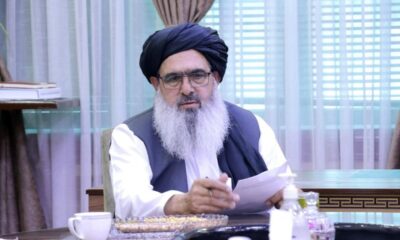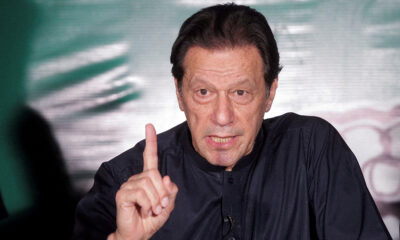Latest News
International donors likely to pledge less aid for Afghanistan in Geneva
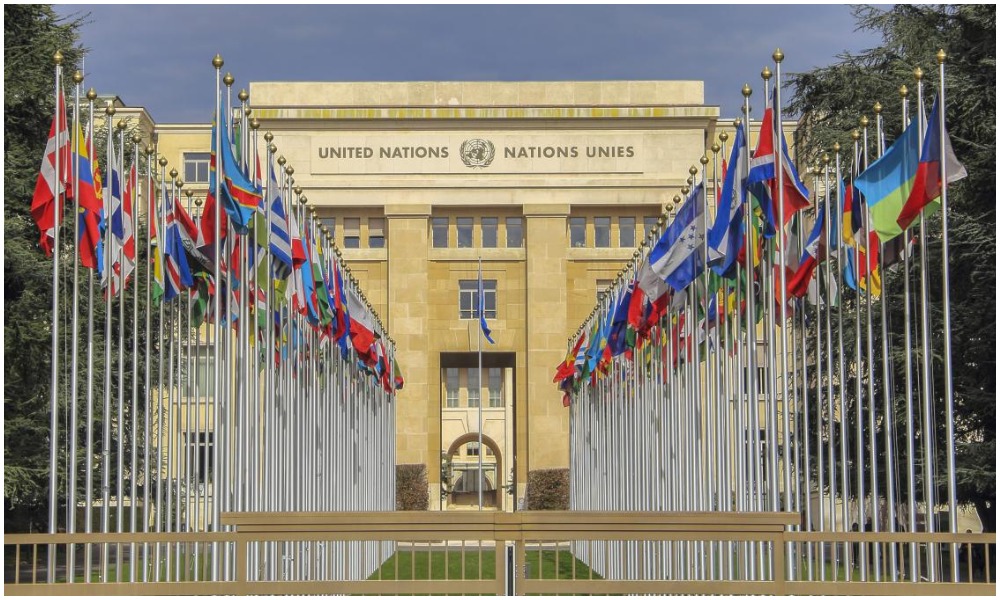
Afghanistan is likely to receive reduced pledges for aid from international donors who will meet later this month in Geneva, sources familiar with the discussions told Reuters.
This comes amid uncertainty over how the peace talks will progress with the Taliban, Reuters reported.
Despite peace talks underway, and Washington’s decision to withdraw troops, the country faces an uncertain future – but a future that is still dependent on aid.
The precariousness of the situation, which could see the Taliban secure greater influence, is making donors uneasy over whether the group will try to roll back progress made on human rights and girls education, Reuters reported.
But some analysts see foreign aid as vital in helping donors shape policies of any future Afghan government and that it provides leverage over the Taliban.
“It’s one of the primary forms of leverage the US and international community believe they have over the Taliban,” said Andrew Watkins, an analyst covering Afghanistan for International Crisis Group.
“Any future Afghan state will rely on foreign aid almost as much as the current one does,” he said.
Reuters reported that donors are likely to tell Afghanistan to expect, possibly significantly, less aid, while also imposing stricter conditions and committing funds for a shorter period, said three sources, who declined to be named because the discussions are private.
All three sources said the United States, Afghanistan’s largest donor, is likely to make deep cuts to its current annual contribution of around $800 million for civilian funding, beyond the money allocated for defence and security needs.
One said Washington could not only “cut aid by half”, but could also move “away from a four-year-commitment cycle” to pledge funds for just a year.
Other NATO members like Britain and France were also considering reducing pledges, while Australia was planning cuts of up to 30 percent, two sources told Reuters.
Latest News
Afghanistan signs 30-year deal for marble mining in Daikundi

The Ministry of Mines and Petroleum of Afghanistan has signed a 30-year agreement with a private company to extract marble in Daikundi province.
Under the contract, the company will invest AFN 283 million in exploring and mining marble at the “Mesh-Uliya” site, spanning 16.74 square kilometers in central Daikundi.
Hedayatullah Badri, Minister of Mines and Petroleum, stated that the marble will be processed domestically before being exported abroad. He added that the Mesh-Uliya project is expected to create around 200 jobs, and the company is committed to supporting local communities through social initiatives.
Economic experts highlight that such investments, especially those focusing on domestic processing, are crucial for job creation, boosting exports, and strengthening the national economy. Analysts further note that the project will improve local infrastructure, expand social services, and enhance the economic and social well-being of Daikundi residents.
Since the return of the Islamic Emirate to power, efforts to develop Afghanistan’s mining sector have intensified, with multiple contracts signed in areas including cement, copper, iron, and lapis lazuli, involving both domestic and international companies.
Latest News
Passenger bus veers off Salang Highway, leaving 5 dead, dozens injured
Latest News
Major fire in Mandawi Kabul market contained, extensive losses prevented
Local shopkeepers said the fire broke out around 4 a.m.
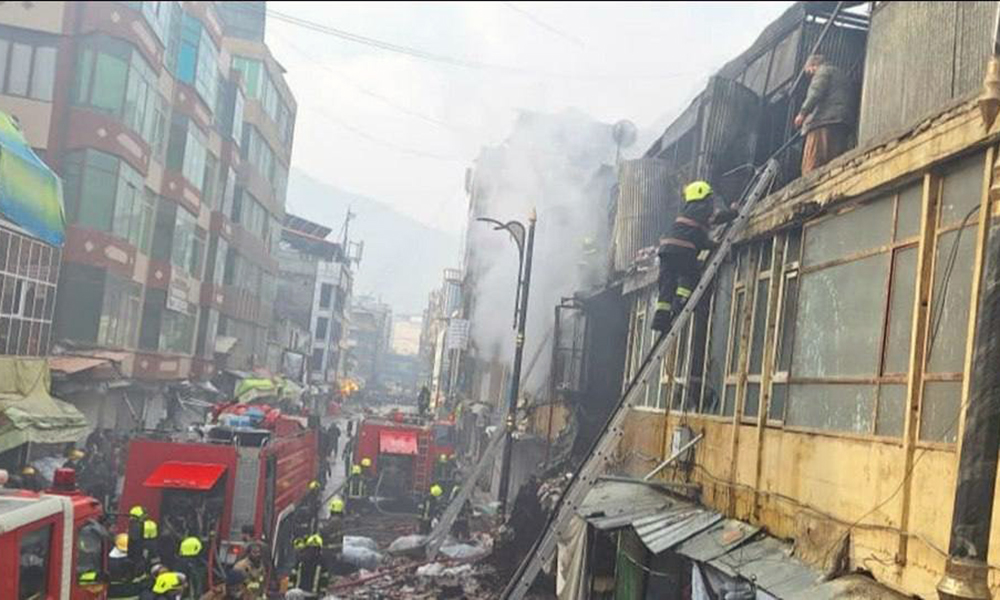
The Ministry of Interior reported that personnel from the General Directorate of Firefighting and Emergency Response successfully prevented the further spread of a fire at Mandawi market on Kabul early Sunday morning.
Abdul Mateen Qani, spokesperson for the ministry, said that the fire destroyed 10 storage facilities and 8 shops. He added that initial losses are estimated at around $700,000, but timely action by firefighting personnel saved property worth approximately $2.2 million.
Qani explained that the fire was caused by an electrical short circuit. He praised the rapid and effective containment operations, which prevented more extensive damage.
Local shopkeepers said the fire broke out around 4 a.m.
-

 International Sports5 days ago
International Sports5 days agoILT20: Abu Dhabi Knight Riders end Desert Vipers’ unbeaten run in dramatic one-run win
-

 Latest News3 days ago
Latest News3 days agoAfghan border forces prevent illegal entry of hundreds into Iran
-

 Latest News2 days ago
Latest News2 days agoPakistan summons Afghan diplomat over deadly attack in North Waziristan
-

 Business5 days ago
Business5 days agoMahirood Customs leads Iran’s exports to Afghanistan
-
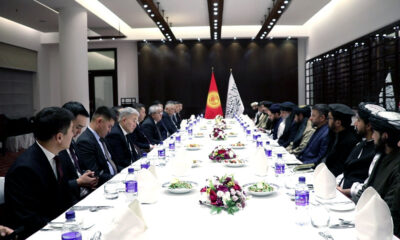
 Latest News5 days ago
Latest News5 days agoAfghanistan, Kyrgyzstan discuss expanding trade and economic cooperation
-

 Latest News3 days ago
Latest News3 days agoJapan allocates nearly $20 million in humanitarian aid for Afghanistan
-

 Latest News2 days ago
Latest News2 days agoKarzai urges reopening of girls’ schools and universities for Afghanistan’s bright future
-

 Health4 days ago
Health4 days agoAfghanistan seeks India’s support in standardizing traditional medicine


